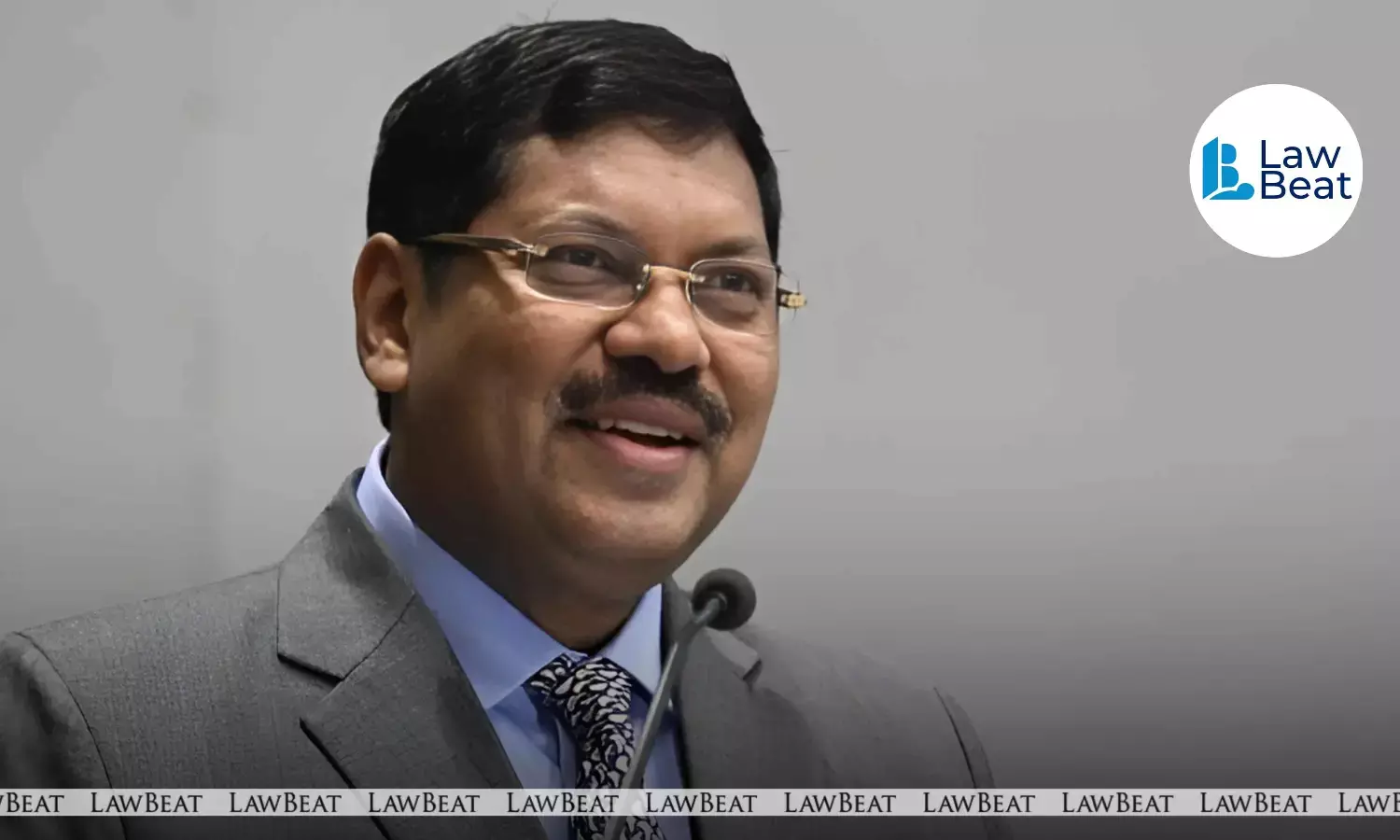Constitution recognized my dignity as equal, was born into a low-caste family: CJI Gavai

CJI Gavai delivered the Keynote Address at the 38th LAWASIA Conference held at Hanoi.
The Chief Justice of India recently said that the Constitution of India recognized his dignity as equal to that of every other citizen.
Delivering his Keynote Address at the 38th LAWASIA Conference held at Hanoi today on the topic, “Role of Lawyers and Courts in Promoting Diversity and Inclusion”, the Chief Justice of India BR Gavai said,
"For me, born into a low-caste family, it meant that I was not born untouchable. The Constitution recognized my dignity as equal to that of every other citizen, offering not just protection, but the promise of opportunity, freedom, and social recognition.".
CJI Gavai further noted that without the Constitution and its unequivocal prohibition of caste-based discrimination, his journey would have faced far greater obstacles. "It is because of these constitutional safeguards that I was able to pursue education and a career in law and ultimately serve as a judge. My own life stands as a testament to the transformative power of equality and the promise of social justice enshrined in our Constitution, demonstrating that when the law safeguards dignity, it can change the trajectory of a person’s life", he added.
He also urged lawyers to ensure that they provide equal opportunities in their chambers and firms to legal graduates from marginalized communities. We must also create conditions that allow them to thrive and succeed, the CJI added. On women in the profession, the CJI has said, "Should lawyers be reluctant to hire women because of assumptions about maternity leave, time constraints, or perceived “commitment issues”? Absolutely not. Such biases are unfair and counterproductive. Lawyers have a duty to ensure that the principles they advocate in court and in public life are reflected in their own workplaces and professional conduct."
Justice Gavai also reflected on the influence of four individuals on him which has been particularly profound: Gautam Buddha, Mahatma Gandhi, and Dr. B.R. Ambedkar, the chief architect of the Indian Constitution, and his father, R.S. Gavai.
Reflecting on his personal journey as lawyer, CJI recollected an instance where he had represented an individual from a low-caste community in which no one had ever become a doctor. "The appointment he sought was more than just a routine claim. It was a breakthrough for him and for his entire community. I was able to help secure his appointment, and what may have seemed like an ordinary case to some became a milestone of progress and hope. For that individual, it was a new beginning; for his community, it was a journey toward possibility," he recounted.
Justice Gavai noted, both as a lawyer and as a judge, he has made it his responsibility to actively advance the values of substantive equality and social justice. This has meant not only applying these principles in the courtroom but also ensuring that the legal profession itself embodies them in its daily practice.
Referring to one of the recent judgements rendered by the Supreme Court, CJI Gavai recollected having upheld the permissibility of sub-classification within the Scheduled Castes to ensure that the most deprived are not left behind, even within the same category. He shared this example to emphasize that, as judges, their task should be to adopt interpretations that actively expand the values of social justice and inclusion.
